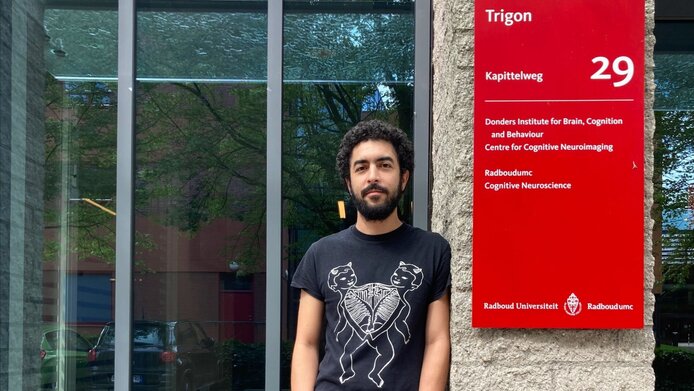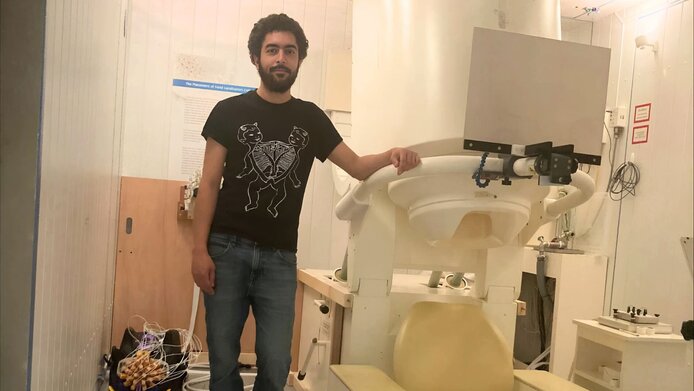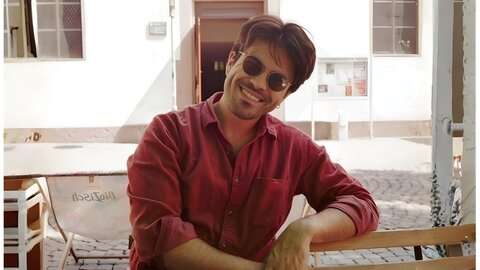Surfing the Beta Wave through Nijmegen

Gaining international experience is considered a must in my field. The skills, experiences, and connections needed to be a successful neuroscientist simply cannot be achieved in any one place. So during my PhD in Salzburg, I already planned to go to the Donders Institute in Nijmegen, Netherlands for a post-doc. At the beginning of my time abroad, I found surprisingly little to be different from my experience in Austria (perhaps also because pandemic lockdowns looked similar across European countries).
My Schrödinger project aimed at defining a neural signature of decision-making based on electrophysiological signals that can be recorded from both human and monkey brains. So-called ‘brain rhythms’ are periodic elements of brain activity that can be considered markers of cognitive function and dysfunction. The ultimate goal is to figure out how exactly they relate to brain mechanisms, from neurons firing to thinking about what to make for lunch. I focused on a particular rhythm called ‘beta’ in relation to decision-making. During my time abroad, I developed a framework whereby we can think of brain rhythms as radio waves that transmit information from one node in the brain to another.
Top notch neuroscience at Donders Institute
When deciding on where to go abroad, I first considered European institutes whose research areas aligned with mine. Practically speaking, I could only go to a place which operated the neuroimaging machine that I use in my research (magnetoencephalography), so that already narrowed down the choice considerably. The Donders Institute is renowned for developing the tools used in my research field of brain rhythms, and some researchers whose work I admired worked there, so after a chat with my potential future supervisor, the decision was easy.
The Donders Institute is dedicated to neuroscience, partially independent from other faculties at the Radboud University, and is simply a bigger community than the one in my home institute in Salzburg. This means there are more – and more frequent – opportunities to learn from and network with leading researchers in the field.
Science and politics – new encounters
As a non-European, I see more similarities than differences between European cultures. With that said, I found students to be more politically active in Nijmegen – the oldest city of the Netherlands – than in Salzburg. This was particularly apparent in the protest movement, where students demanded the university to cut ties with institutions that are likely contributing to war crimes. This was one of the reasons I found myself more involved in life outside of work in Nijmegen, and how I got to meet a lot of my friends. Another way I made friendships was through music, as there is a vibrant underground alternative music culture in Nijmegen.







